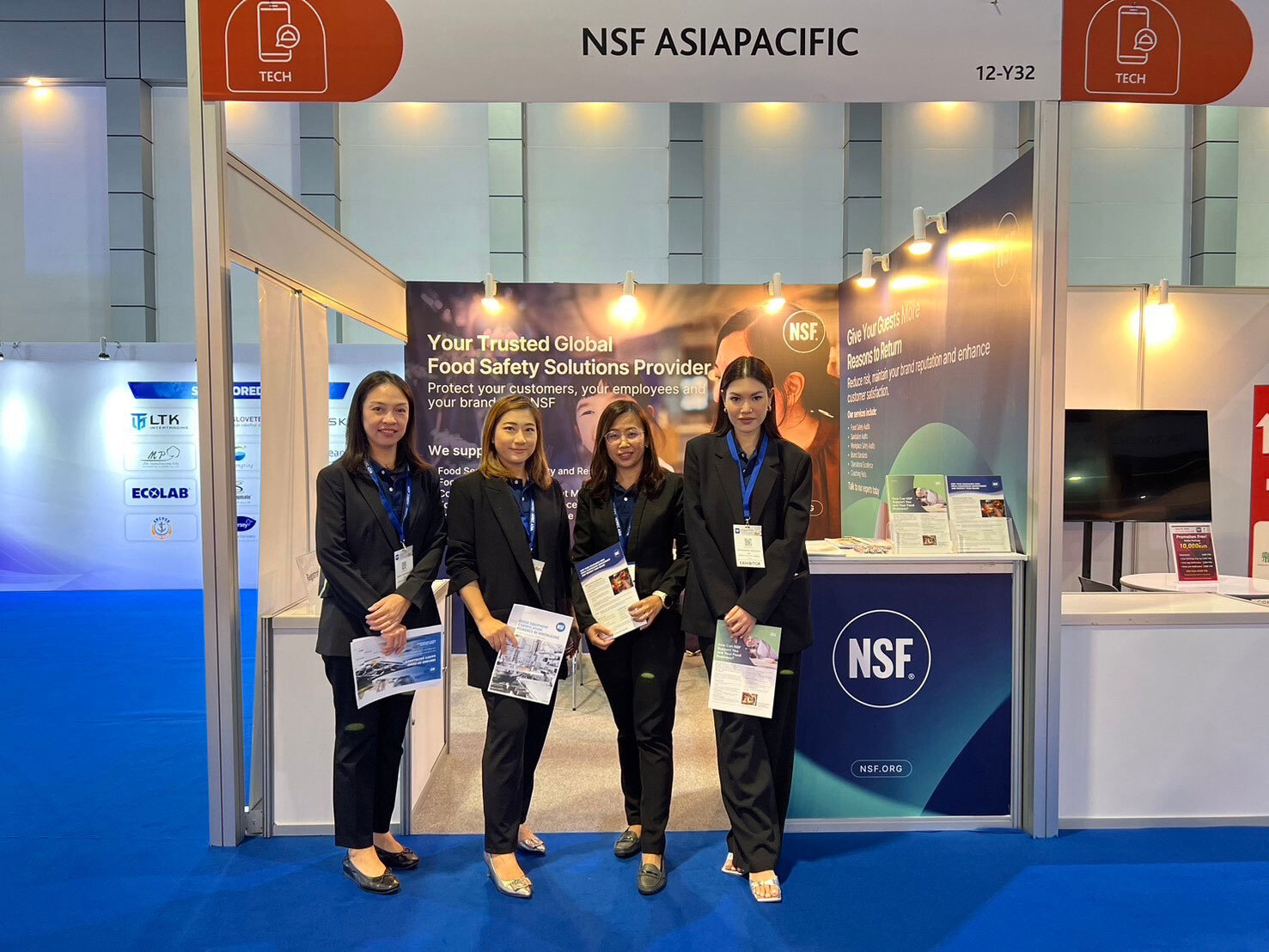February 2024 Pharma News Update

The monthly update covers news from around the world that matters to decision makers in the pharmaceutical industry.
New EU Critical Medicines Alliance
On 16 January 2024 the European commission’s Health Emergency Preparedness and Response Authority (HERA) launched a call for interested parties to join their new Critical Medicines Alliance. This alliance, which was first mooted in October 2023, will allow national authorities, industry, civil society representatives, the commission and EU agencies to develop coordinated action against shortages of critical medicines.
The Alliance, which will consist of a Forum and a Steering Board as well as a number of working groups, is expected to be an inclusive and transparent consultative platform to the European Commission and other EU decision-makers. It will work on the more than 200 active substances that were included in the EU list of critical medicines published by the EMA December 2023.
Pharmaceutical companies, national authorities and many other pharmaceutical sector stakeholders have been invited to express their interest in joining the alliance, which will initially last for five years and starts its work in the spring of 2024. Initial applications to join the alliance were asked for by 16 February 2024 but the alliance will remain open to new members at all stages of its operation. All members will have the right to participate in the Forum, which will be regularly consulted on key milestones of the alliance’s activity.
FDA Q&A guidance on Conducting Remote Regulatory Assessments (RRA)
In January 2024 the FDA issued a draft Q&A guidance on Conducting Remote Regulatory Assessments (RRA).
In the Introduction to this draft the FDA state that the term “RRA” is used to describe a category of activities for which FDA may use different terminologies, but that are all considered to be types of RRAs, including “remote interactive evaluations” and “remote record reviews.”
The FDA state that FDA’s experiences during the COVID pandemic have identified significant benefits in using RRAs. Based on these experiences, FDA has determined that RRAs are valuable and, therefore, under certain circumstances, should be continued to assist FDA. The Agency believes that FDA’s use of both mandatory and voluntary RRAs, as applicable, for all types of FDA-regulated products is in the interest of the public health, and the Agency is issuing this guidance to provide further transparency to stakeholders about the circumstances in which mandatory and voluntary RRAs may be used.
The draft Q&A provides answers to questions under the following four main headings:
- Remote Regulatory Assessment Fundamentals
- Remote Regulatory Assessment Expectations
- Requests for Records or Other Information as Part of Remote Regulatory Assessments
- Completion of a Remote Regulatory Assessment
New FDA Guidance for Industry
In the final week of 2023 the FDA issued several draft and one final guidance documents:-
Potency Assurance for Cellular and Gene Therapy Products
On December 28, 2023, FDA announced the availability of the draft guidance, Potency Assurance for Cellular and Gene Therapy Products.
This draft guidance provides recommendations for developing a science- and risk-based strategy to help assure the potency of a human cellular therapy or gene therapy (CGT) product. A potency assurance strategy is a multifaceted approach that reduces risks to the potency of a product through manufacturing process design, manufacturing process control, material control, in-process testing, and potency lot release assays. The goal of a potency assurance strategy is to ensure that every lot of a product released will have the specific ability or capacity to achieve the intended therapeutic effect.
Reformulating Drug Products that Contain Carbomers Manufactured with Benzene
This final guidance was issued on 27 December 2023.
In 2020, FDA identified the potential for unacceptable levels of benzene in certain carbomers (which may be used as thickening agents in drugs) based on the allowable limits in current USP monographs. USP has issued a Notice of Intent to Revise, stating its intent to remove five benzene-containing carbomer monographs with a target effective date of August 1, 2025.
The purpose of this guidance is to provide recommendations for applicants and manufacturers on what tests should be performed and what documentation should be submitted or available to FDA to support the reformulation of drug products that use carbomers manufactured with benzene. This guidance provides recommendations for testing and documentation related to reformulation, taking into consideration the various routes of administration and dosage forms of affected drug products. For application holders, this guidance also recommends appropriate submission types to notify the Agency of such changes.
Quality Considerations for Topical Ophthalmic Drug Products
This draft revised guidance was also issued on 27 December 2023. Ophthalmic drug products refer to any FDA-regulated drug products that are used for topical delivery around the eye such as solutions, suspensions, emulsions, gels, ointments or creams.
This guidance discusses certain quality considerations for ophthalmic drug products (i.e., gels, ointments, creams, and liquid formulations such as solutions, suspensions, and emulsions) intended for topical delivery in and around the eye. Specifically, the guidance discusses:
- Microbiological considerations.
- Approaches to evaluating visible particulate matter, extractables and leachables, and impurities and degradation products.
- Use of in vitro drug release/dissolution testing as an optional quality control strategy for certain ophthalmic dosage forms.
- Recommendations for design, delivery, and dispensing features of container closure systems (CCSs).
- Recommendations for stability studies.
Stay Updated with Industry News
If you would like to stay in touch with updates from the pharma industry, you can subscribe to the NSF Pharmaceutical Legislation Update.
Pharmaceutical legislation and regulatory authority guidance are continually changing. These changes, and their interpretation, can have significant implications for companies. Many changes require detailed planning to implement and failure to do so can result in serious compliance problems.
This pharmaceutical regulatory training provides you with 12 months of updates of changes to legislation and guidance that have the potential to impact the manufacture and distribution of medicinal/drug products. A full update for the past year and a summary of what is new each quarter will be provided in February, May, September, and late November. Your subscription will start with the next available update.
The updates are provided as recordings through NSF’s online LMS portal and can be viewed at a time convenient to you. We will create an account for you on our LMS and, as each update is made available, you will receive an enrolment email giving you a link to access the material. There will also be an opportunity for Q&A with Pete Gough through a live two-hour virtual meeting each quarter.
This training provides essential information for Qualified Persons and other quality professionals employed by organizations that manufacture or distribute medicinal/drug products.
This service is Royal Society of Chemistry approved as suitable for its members’ continuing professional development (CPD).
Resources

NSF Pharma Biotech Training

Pharma and Biotech Support
Share this Article
How NSF Can Help You
Get in touch to find out how we can help you and your business thrive.

What’s New with NSF

NSF Shanghai Named Critical Site for NSF/ANSI 455 and NSF/ANSI 173 by ANSI National Accreditation Board
July 26, 2024